the thermal vulcanization of synthetic rubber rubber
The Thermal Vulcanization of Synthetic Rubber | Rubber
Natural rubber cannot be vulcanized to soft rubber by thermovulcanization. The investigation of the effect of temperature revealed that a temperature of 195° C, for example, was applicable for all the synthetic rubbers studied.
Send Inquiry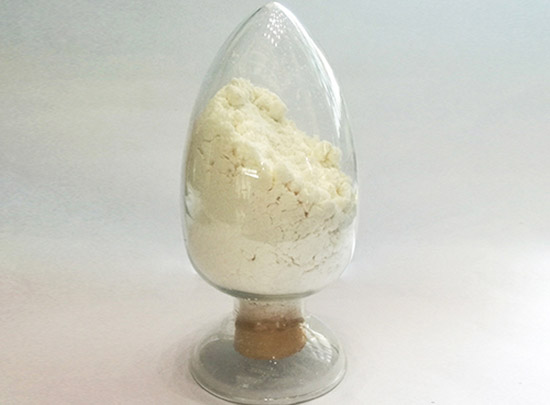
Vulcanization of Elastomers. 22. Thermal Vulcanization
Abstract In this work, the kinetics of the thermal vulcanization of Perbunan were studied with and without additives. The following results were obtained : 1. The pure thermal vulcanization of Perb...
Send InquiryVulcanization
Vulcanization (British: vulcanisation) is a chemical process, invented by Charles Goodyear, used to harden rubber. Vulcanization traditionally referred to the treatment of natural rubber with sulfur and this remains the most common example, however the term has also grown to include the hardening of other (synthetic) rubbers via various means.
Send Inquiry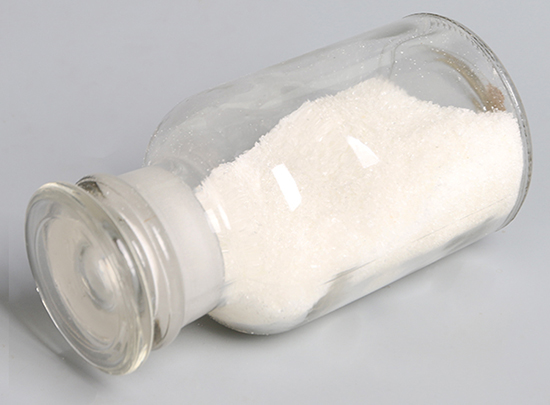
Vulcanization of synthetic rubbers by the Peachey process
Vulcanization of Synthetic Rubbers by the Peachey Process 1 By Norman Bekkedahl, Fred A. Quinn, Jr., and Elmer W. Zimmerman The Peachey process, whICh vulcanizes natural rubber by subjecting it alternately to sulfur dioxide and hydrogen sulfide gases, has been found to vulcanize the more common svnthetic rubbers.
Send InquiryDe-vulcanization of Tire Rubber | ILLYRIA
The vulcanization of rubber by sulfur in presence of organic accelerator is a complicated process. But actually devulcanization should be the reverse process of vulcanization. Recovered rubber has some properties that are better than virgin rubber with common properties. Although vulcanization is not completely reversible.
Send InquiryVulcanization | rubber manufacturing | Britannica
Vulcanization, chemical process by which the physical properties of natural or synthetic rubber are improved; finished rubber has higher tensile strength and resistance to swelling and abrasion, and is elastic over a greater range of temperatures. In its simplest form, vulcanization is brought about by heating rubber with sulfur.
Send InquirySulfur vulcanization
Sulfur vulcanization is a chemical process for converting natural rubber or related polymers into materials of a variety of hardness, elasticity, and mechanical durability by heating them with sulfur or other equivalent curatives or accelerators.
Send Inquiry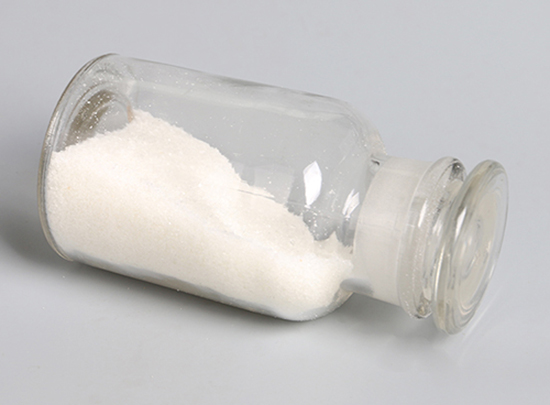
Difference Between Vulcanized and Unvulcanized Rubber
Difference Between Vulcanized and Unvulcanized Rubber Definition. Vulcanized Rubber: Vulcanized rubber is rubber that has undergone the process of vulcanization. Unvulcanized Rubber: Unvulcanized rubber is rubber that has not undergone the process of vulcanization. Structure of the Rubber. Vulcanized Rubber: Vulcanized rubber has an intermolecular system with highly cross-linked polymer chains.
Send Inquiryswell how vulcanization affects the properties of rubber
The vulcanization of rubber revolutionized the production of tires and, with the later addition of nanofillers such as carbon black, has resulted in reliable tires that withstand the harsh conditions through which we expect the tires to survive.
Send InquiryThe thermal conductivity of rubbers/elastomers
The thermal conductivity of rubbers/elastomers. Hence, the thermal conductivity increases by a few percent in the range 0 to 100 o C. However, it should be noted that an increase in temperature might result in a decrease in thickness, influencing not the thermal conductivity but certainly the thermal resistance.
Send Inquiry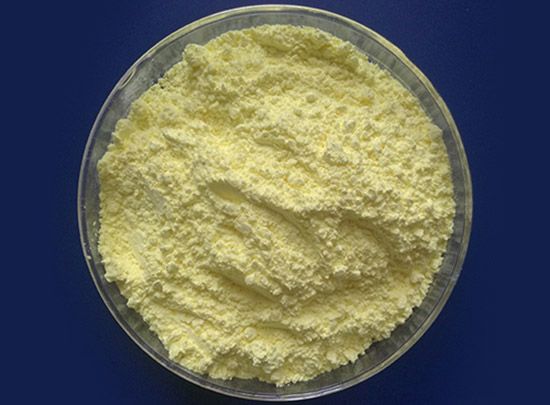
Vulcanization
Vulcanization (British: vulcanisation) is a chemical process, invented by Charles Goodyear, used to harden rubber. Vulcanization traditionally referred to the treatment of natural rubber with sulfur and this remains the most common example
Send Inquiry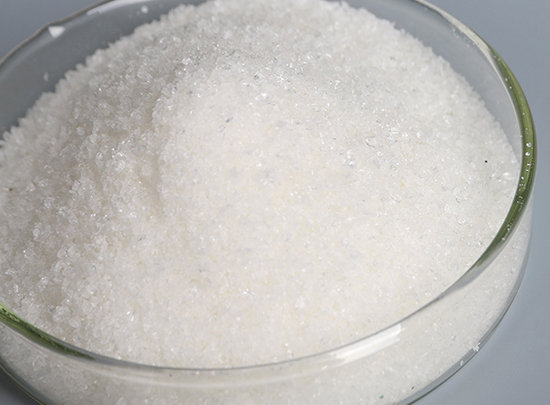
Vulcanization | rubber manufacturing | Britannica
Certain synthetic rubbers are not vulcanized by sulfur but give satisfactory products upon similar treatment with metal oxides or organic peroxides.In the vulcanization of rubber, polyolefins are converted to an elastomeric substance with desirable mechanical properties by cross-linking the
Send InquiryVulcanization of rubber [SubsTech]
Vulcanization of rubber is a process of improvement of the rubber elasticity and strength by heating it in the presence of sulfur, which results in three-dimensional cross-linking of theNatural rubber is composed of polyisoprene molecules. Synthetic rubbers are Elastomers, elastic properties of which
Send Inquiry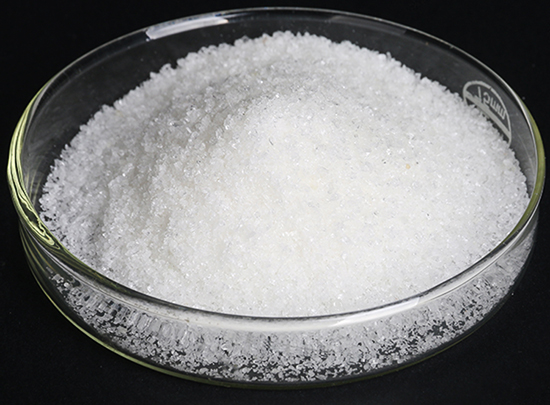
What is vulcanised rubber?
How Vulcanized Rubber is Made. It is necessary to use vulcanization to makeMost rubber products in the world are vulcanized, whether the rubber is natural or synthetic.Vulcanized rubber is stronger than non-vulcanized rubber because its bonds are made of cross-links at an atomic level.
Send Inquiry8.3.9 Vulcanization Characteristics of Natural Rubber Containing
Vulcanization is a chemical process in which the rubber is heated with sulphur, accelerator and activator at 140–160°C. The process involves the formation of cross-links between long rubber molecules so as toVulcanization is a process generally applied to rubbery or elastomeric materials.
Send Inquiry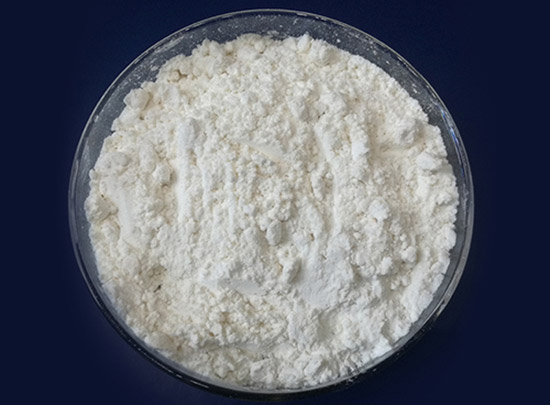
Difference Between Natural Rubber and Synthetic Rubber
Main Difference – Natural Rubber vs Synthetic Rubber. Natural and synthetic rubbers are two types of polymers with excellent properties that are widely in manyIn addition, natural rubber has greater structural regularity, higher green strength and a faster vulcanization rate. Owing to this fast rate of
Send Inquiry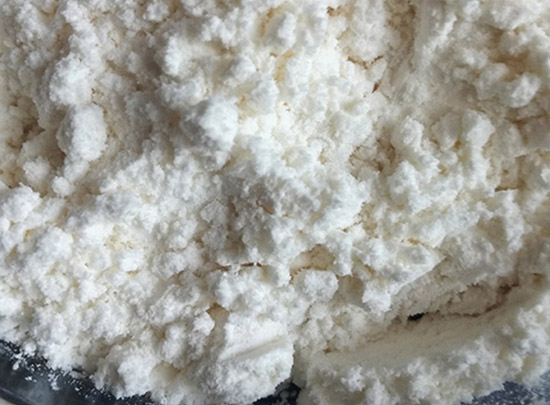
Rubber vulcanization | Article about Rubber vulcanization by The
Many synthetic rubbers undergo processes of vulcanization, some of which are similar to that applied to natural rubber.Methods of sulfurless and radiation vulcanization allow the production of rubbers with high thermal and chemical resistance.
Send Inquiry
Natural & Synthetic Rubber - Buna -S, Buna -N, Neopren
Elastomers, natural rubber, buna-s, buna-N, neoprene, synthetic rubber, isoprene, chloroprene, vulcanization of rubber.
Send InquiryNeoprene Vs. Natural Rubber | Sciencing | Vulcanization
Natural rubber is extracted from a tree and is sensitive to temperature changes. Heavy demand led to the development of synthetic materials like neoprene, withVulcanization refers to a process which forms crosslinks of sulfur in rubber. According to the website American Chemistry, it makes neoprene
Send InquiryNatural Rubber and Synthetic Rubber Preparation and Properties
For example rubber gloves, rubber band, footwear, etc. We all have seen that rubber items have the ability to recover their shapes after being stretchedVulcanization – Even after performing all these steps rubber is not much stronger and harder to be used in various items like car tires and machinery.
Send Inquiry